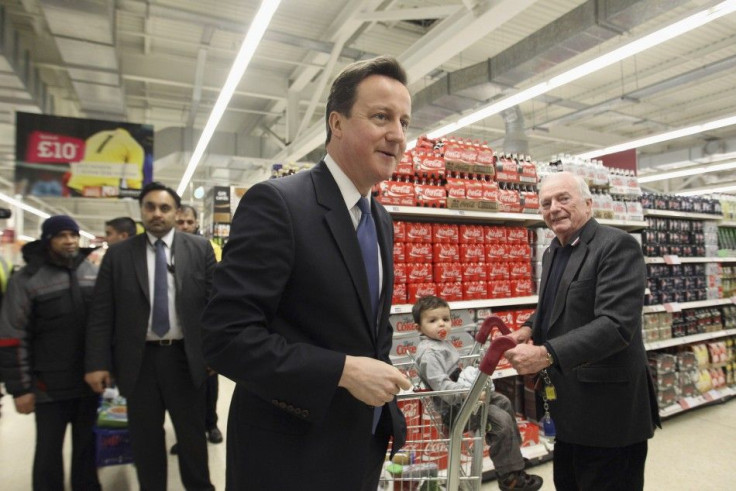UK Economy on Track to Buck European Trend

UK economy seems to be on the track to buck the trend in many other European countries where the economic recovery continues to struggle.
The Purchasing Managers' Index (PMI) data released for the march showed diverging trend between the UK and euroarea, with manufacturing and services activity in the UK faring better than the 17-nation euroarea.
The data from Markit Economics showed that the final estimate of euroarea PMI for March remained unchanged at 47.7 from the flash estimate, while UK manufacturing PMI rose its highest level in ten months to 52.1 in March from 51.5 in the previous month.
UK services PMI surged to 55.3 in March from 53.8 in the previous month, taking the average to 54.7 in the first quarter compared with 51.7 in the last quarter of 2011. The data also showed the recruitment by UK employers’ increased in the month, as there was a rise in new business orders.
The strong growth in the manufacturing and services output clearly suggests that the UK economy is on the path to post a positive gross domestic product (GDP) growth in the first quarter this year, after contracting by 0.3 percent in the fourth quarter last year.
While the manufacturing output in euroarea showed that the sector is still in recession zone, the services activity rose slightly in March to 49.2, up 0.5 points from February. Furthermore, the data from Eurostat showed unemployment rate in the eurarea increased to 10.8 percent in February, its highest level in 14 years, as the region’s faltering economic growth left more than 17 million people jobless in the month.
The Bank of England (BoE) is scheduled to hold a two-day meeting starting from Wednesday to decide on further quantitative easing, and the markets expect no such announcement likely from the central bank.
© Copyright IBTimes 2024. All rights reserved.











